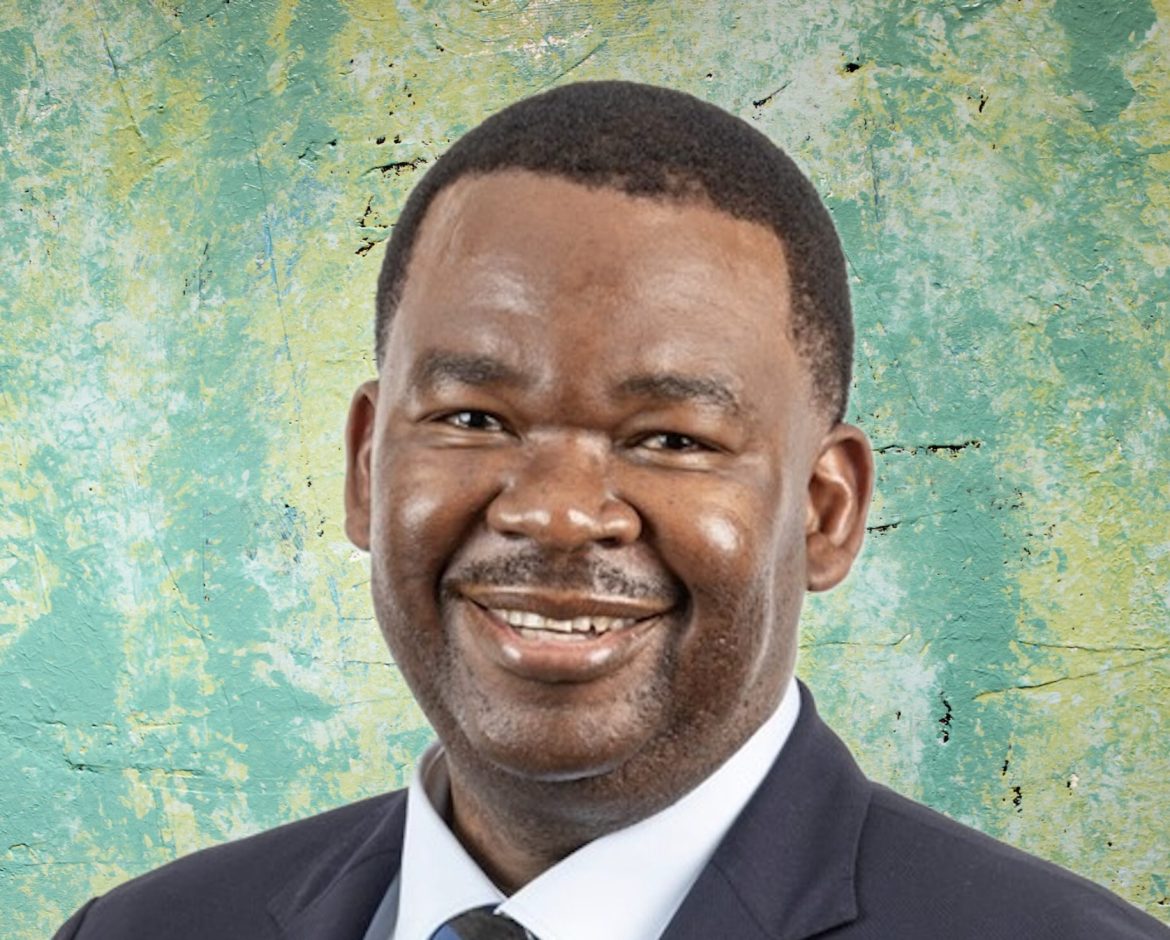KEY POINTS
- Seema to Represent Eskom at African Energy Chamber’s G20 Forum
- Power Recovery Plans Show Early Progress
- Private Sector Involvement Seen as Key to Reducing Energy Costs
- Economic Relief Tied to Sustained Power Supply
Eskom’s Group Executive for the Strategic Delivery Unit, Alfred Seema, has been confirmed as one of the speakers at the African Energy Chamber’s G20 Africa Energy Investment Forum scheduled for 21 November in Johannesburg.
His appearance comes at a critical time as the state-owned utility continues its broad recovery plan to strengthen generation capacity and improve energy security across South Africa.
For millions of South Africans, who have endured years of relentless power cuts, the announcement signals cautious optimism.
As Seema joins global energy leaders, the discussions could help unlock new partnerships and funding that may eventually reduce electricity costs for households and businesses struggling with high living expenses.
A Focus on Recovery and Stability
Eskom has spent much of 2025 trying to reverse years of declining performance through its Generation Recovery Plan and Load Reduction Elimination Strategy. These initiatives are aimed at tackling one of the country’s most pressing economic challenges, unreliable power supply that has driven up business costs and living expenses.
The utility’s efforts are starting to show modest gains. Since August 2025, the Energy Availability Factor has climbed to 70 per cent, while the Unplanned Capability Loss Factor dropped to 22.8 per cent in October, figures that suggest gradual recovery.
Eskom has also expanded its free basic electricity programme from 485,000 to 2.1 million households and plans to install 6.2 million smart meters in the next three years.
Such measures, though technical, have direct consequences for ordinary citizens. Reliable electricity means fewer disruptions to manufacturing and small businesses, reduced food spoilage due to outages, and a potential easing of inflationary pressures that have gripped consumers in recent years.
Eskom’s long-term plan aligns with South Africa’s Integrated Resource Plan (IRP) 2025, which outlines a shift towards cleaner and more diversified energy sources. The roadmap targets 105 GW of new generation capacity by 2039, including nuclear, wind, solar, gas-to-power, and clean-coal technologies.
In line with this, Eskom’s Koeberg Nuclear Power Station recently secured a 20-year licence extension, ensuring a steady 1,860 MW of baseload power until 2045. The completion of the Medupi and Kusile coal plants now jointly providing 9,600 MW adds further stability to the grid.



